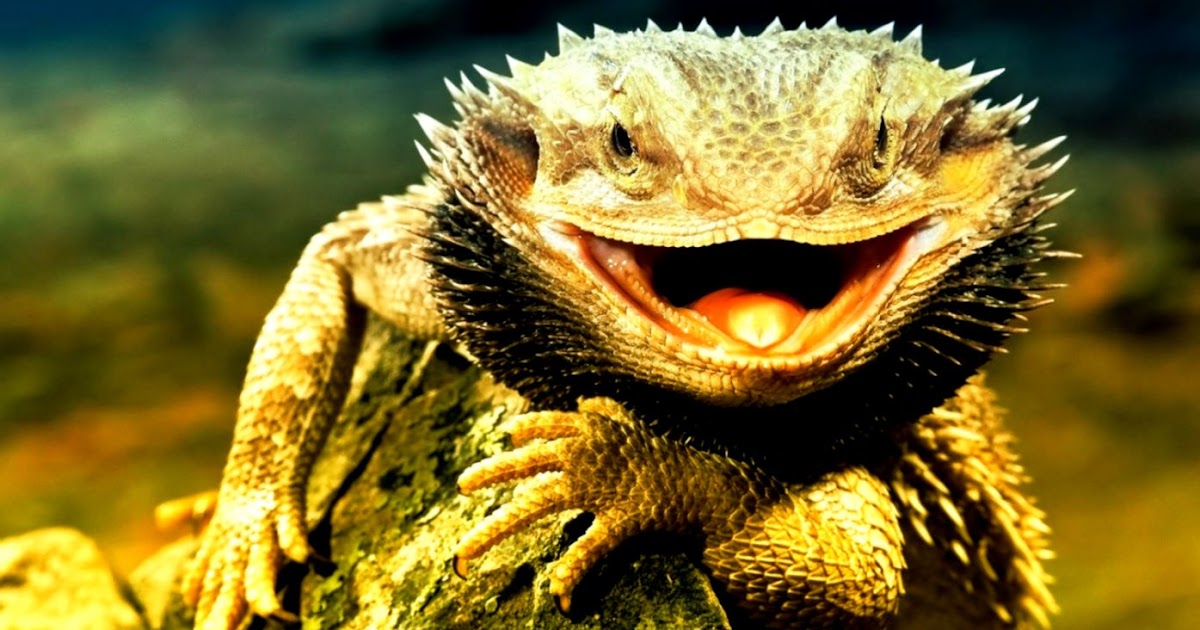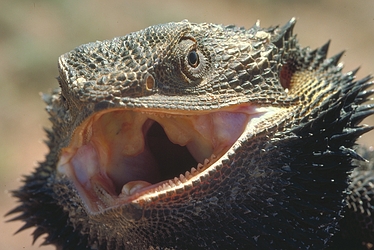The Ultimate Guide to Safe Bearded Dragon Food: What to Feed and Not to Feed
Introduction
Bearded dragons are wonderful pets to have in your home. They are friendly, low-maintenance, and have fascinating personalities. But, as a responsible pet owner, you need to know what foods are safe to feed them, and what are not. In this blog post, we will provide you with all the important information you need to know when it comes to safe bearded dragon food choices.
What Do Bearded Dragons Eat?
In the wild, bearded dragons feed on insects, flowers, leaves, and fruits. As a pet, their diet should include a variety of foods that are high in protein, vitamins, and minerals. Some of the common foods that bearded dragons can eat include:
- Crickets
- Mealworms
- Dubia roaches
- Superworms
- Dark leafy greens (kale, collard greens, mustard greens, etc.)
- Squash
- Bell peppers
- Blueberries
- Mangoes
It is important to remember that bearded dragons are omnivores, which means they need to eat both insects and plants for a balanced diet. Some pet owners make the mistake of feeding their bearded dragons a diet that is too high in protein, which can lead to health issues. As a general rule, protein should make up no more than 70% of their diet.
What Foods Should You Avoid Giving to Your Bearded Dragon?
Although bearded dragons can eat a wide variety of foods, there are some foods that you should avoid giving them. These include:
- Citrus fruits (oranges, lemons, limes, etc.)
- Avocado
- Spinach
- Rhubarb
- Insects captured from the wild (they may carry parasites or diseases)
Citrus fruits and avocado can be harmful to your bearded dragon’s digestive system, while spinach and rhubarb contain oxalates that can cause kidney damage. Feeding your bearded dragon insects that you have captured from the wild is also not recommended, as they may carry parasites or diseases that can harm your pet.
How to Feed Your Bearded Dragon
When feeding your bearded dragon, it is important to provide them with fresh, clean water at all times. You should also make sure to offer them a variety of foods, so they get a balanced diet. As a general rule, offer your bearded dragon as much food as they can eat in 10 to 15 minutes, twice a day. You can also supplement their diet with vitamin and calcium powder, which you can sprinkle on their food.
Conclusion
Feeding your bearded dragon the right foods is essential to their overall health and well-being. By following the guidelines provided in this blog post, you can ensure that your pet gets a balanced diet and lives a long, healthy life. Remember, if you ever have any concerns about your bearded dragon’s health or diet, consult with a veterinarian who specializes in reptiles.







